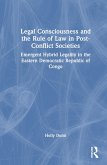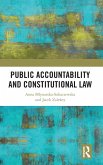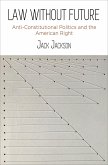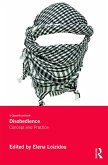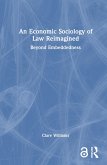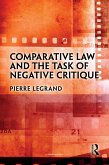An Influential Study by a Leading Exponent of Legal Realism In this influential and oft-cited study Ross discounted the theories of natural law, positivism and legal realism. In their stead, he proposed the abandonment of "ought-propositions" for the "is-propositions" employed by other empirical sciences, thereby envisioning lawyers that serve merely as "rational technologists." Less bound by tradition, and traditional notions of justice, jurisprudence then becomes "not only a beautiful mental activity per se, but also an instrument which may benefit any lawyer who wants to understand what he is doing and why" (Preface). Alf Niels Christian Ross [1899-1979] was Professor of Law at the University of Copenhagen. In 1956 he was a visiting professor at the University of Illinois. He served for seven years on the constitutional committee that laid the groundwork for the Danish constitution of 1953. His many books, which have been translated extensively, include Towards a Realistic Jurisprudence (1946), A Textbook of International Law (1947), Constitution of the United Nations: Analysis of Structure and Function (1950), Why Democracy? (1952), Directives and Norms (1968) and On Guilt, Responsibility and Punishment (1975).
Hinweis: Dieser Artikel kann nur an eine deutsche Lieferadresse ausgeliefert werden.
Hinweis: Dieser Artikel kann nur an eine deutsche Lieferadresse ausgeliefert werden.



